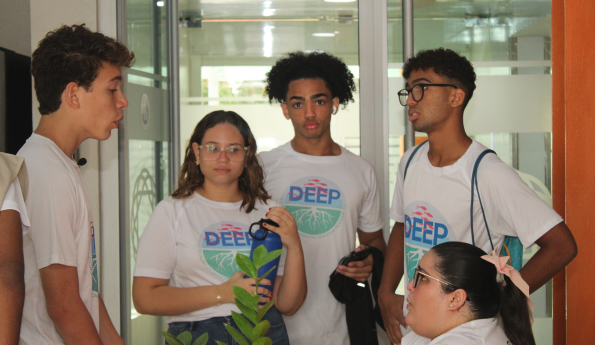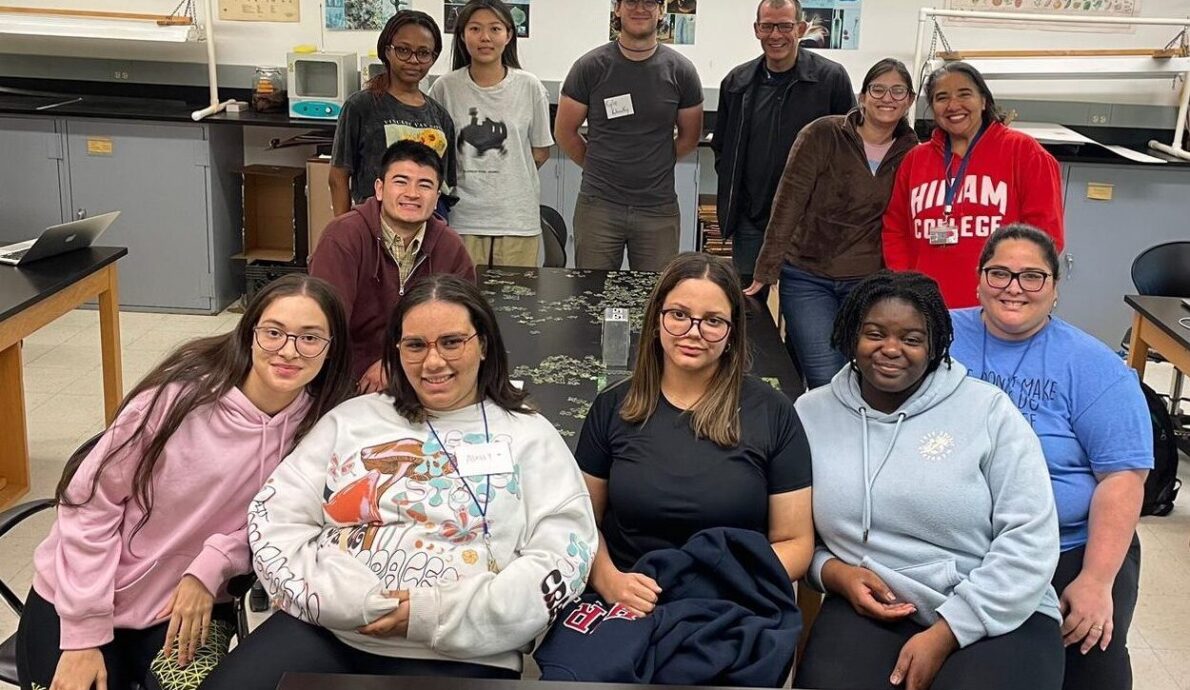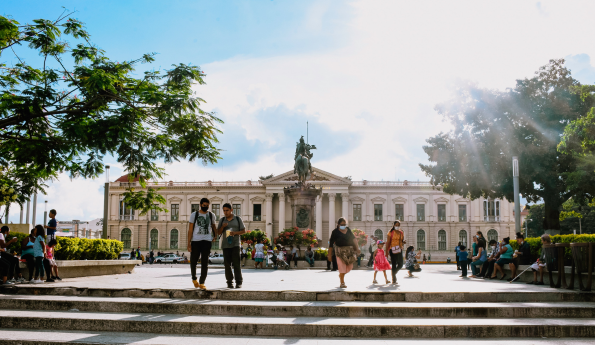Counterpart International has long demonstrated its commitment to environmental sustainability and climate resilience across its projects. From food security to water access to green energy solutions, Counterpart’s global projects all contribute to creating a cleaner world for the next generation. In observance of World Environment Day, we spotlight the impact our projects have had on the environmental landscape in the Dominican Republic.
With nearly 20 years of continuous operations in the Dominican Republic, Counterpart and our network of local partners have spent the past two decades implementing projects for various clients with one thing in common: a desire to protect the environment through locally led and owned solutions.

Counterpart has implemented climate resiliency programs in the Dominican Republic for 20 years.
The Dominican Republic is ranked as one of the world’s most vulnerable countries to climate change, exacerbated by a lack of information and tools that might allow local communities to reduce this risk. The increased frequency and severity of threats such as tropical storms, floods, reduced precipitation, and droughts—expected to worsen with climate change—is reducing the availability of clean water, destroying livelihoods, and exacerbating food insecurity, especially for marginalized communities. Over the years, Counterpart projects have supported mangrove protection and preservation, educated students about coastal resilience and instilled a love of environmental exploration, and worked with local communities to support the adoption of sustainable farming practices.
Through our current USAID-funded Climate Adaptation Activity, Counterpart is working with its local network of stakeholders to raise awareness, change behaviors, and adopt data driven decision-making practices to improve water resource management and reduce vulnerability to the effects of climate change. Reliable access to safe water saves lives, improves livelihoods, and makes communities more resilient.
Over the next five years, Counterpart is aiming to scale reforestation and plant more than 1 million trees; facilitate $20 million in financing for partners to adopt climate-friendly solutions, particularly for women and youth; and empower local actors to use climate data to strengthen resilience against hydrometeorological events.
Thomas Lovejoy: conservationist and board member
Counterpart’s global projects aim to have a positive impact on environmental sustainability and resilience in the Dominican Republic and beyond—a commitment that aligns with the beliefs, ethos, and passion of our former board member, Thomas Lovejoy.

Mangroves in Estero Balsa National Park, Dominican Republic.
Thomas Lovejoy was a conservationist and ecologist who first coined the term “biodiversity.” A bird lover, Lovejoy travelled to the Amazon rainforest in 1965 to conduct environmental research, which led him to become one of the first conservationists to speak out the negative effects of human-driven climate change.
Following an illustrious career for influential organizations including the World Wildlife Fund, the Smithsonian Institution, the World Bank, the H. John Heinz III Center for Science, Economics and the Environment, and George Mason University , Dr. Lovejoy joined Counterpart’s Board of Directors in 2011. Former Counterpart president and CEO Joan Parker noted in 2012 that Dr. Lovejoy was a “leader in raising awareness of today’s most pressing environmental issues and active in seeking solutions.” Dr. Lovejoy’s role on Counterpart’s board of directors helped strengthen our technical knowledge in biodiversity and environmental change, having a lasting impact and paving the way for the critical climate resilience work being done today by Counterpart’s partners through projects such as those in the Dominican Republic.
To learn more about Counterpart’s work to improve the environment for the next generation, visit our Climate Resilience page.






